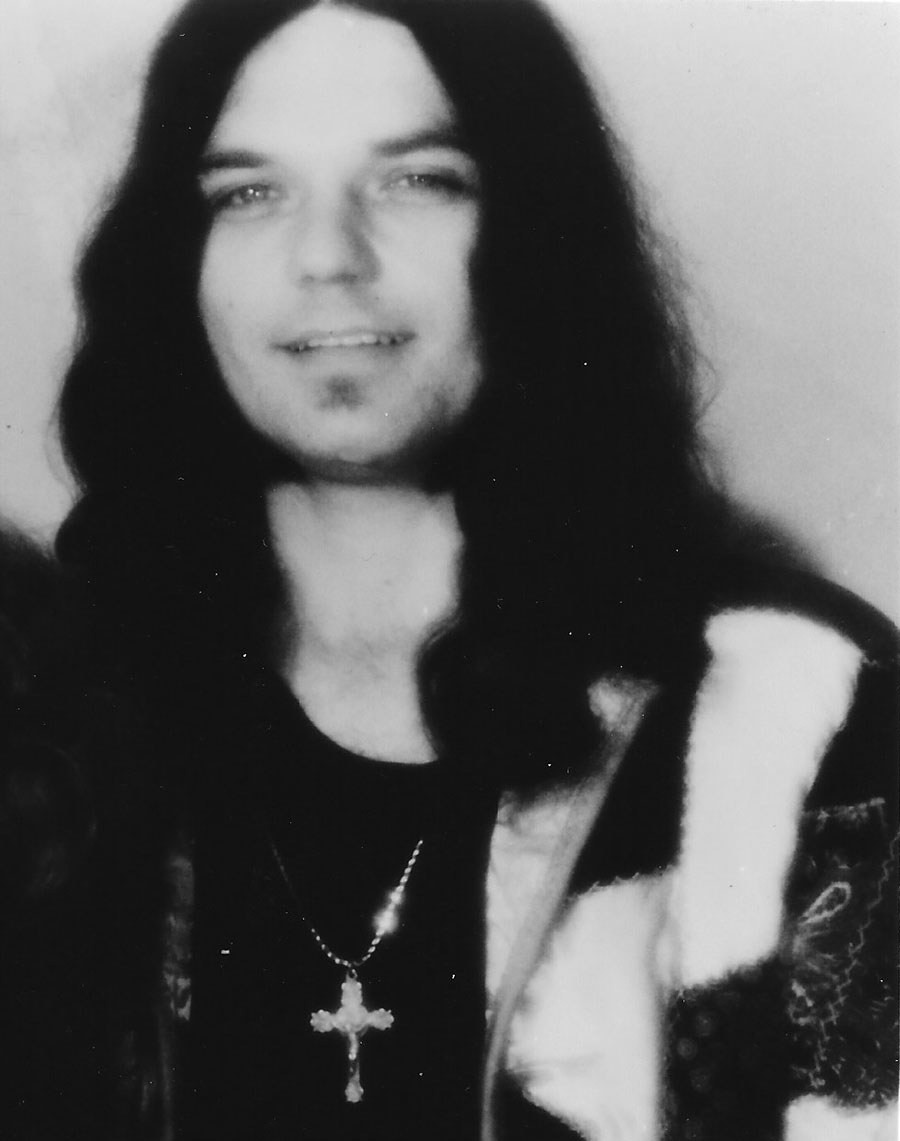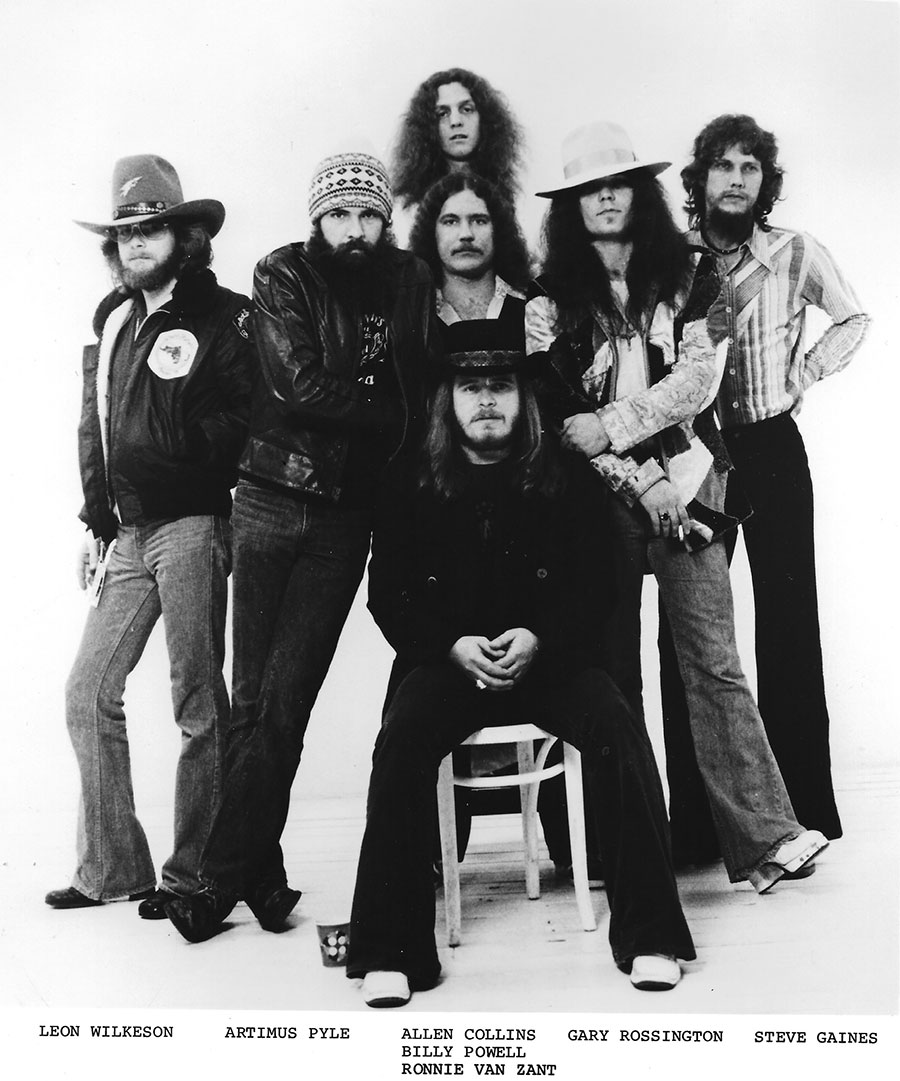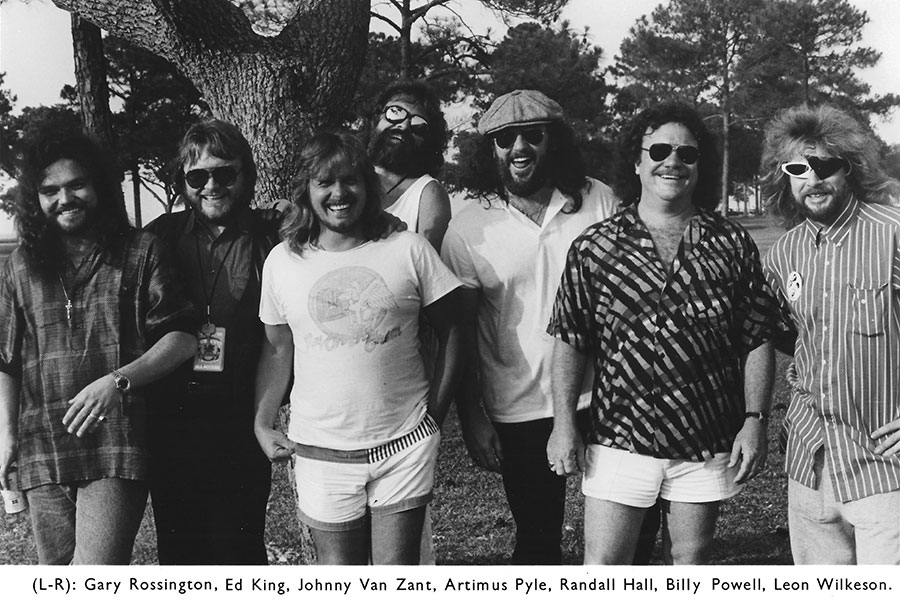Guitarist and songwriter Gary Rossington, the last surviving original member of Lynyrd Skynyrd, died March 5, 2023. He was 71.
Lynyrd Skynyrd formed during the late ’60s in Jacksonville, Florida, taking its name from the members’ authoritarian P.E. teacher, Leonard Skinner. Discovered by producer Al Kooper while playing Southern bars and clubs, the group quickly became established as America’s most celebrated rock ’n’ boogie band of the mid-’70s, plugging in British hard-rock influences where most other Southern acts placed country roots. The powerful three-guitar lineup debuted on the Pronounced Leh-nerd Skin-nerd album, which included “Free Bird,” the group’s anthem, followed by three reputation-solidifying Top 40 hits, “Sweet Home Alabama,” “Saturday Night Special” and “What’s Your Name?”
Beloved by fans and industry figures alike for its aggressive, uncompromising approach, the band was poised on the edge of superstardom when, in 1977, its rented twin-engine plane crashed in the swamps near Gillsburg, Mississippi en route to Baton Rouge. The accident took the lives of vocalist Ronnie Van Zant and guitarist Steve Gaines and shook the rock music world. Lynyrd Skynyrd was silenced at its peak.
The physical and emotional pain took time to purge. In 1980, Rossington and guitarist Allen Collins were the catalysts in approaching music once again as the Rossington Collins Band. “Don’t Misunderstand Me” charted before the group disbanded in 1982, and Collins was paralyzed from the waist down as the result of a 1986 car accident.
In 1987, Rossington reteamed with four other surviving Skynyrd members (Billy Powell, Leon Wilkeson, Artimus Pyle and Ed King) in celebration of the original band. Lynyrd Skynyrd released two albums, the archival Legend and the live Southern by the Grace of God, and embarked on the Lynyrd Skynyrd Tribute Tour, which included two shows at Denver’s Red Rocks Amphitheatre.
“I’m sure there are people who think it’s wrong, and I felt like that until this year,” Rossington said. “I didn’t ever want to go back out as Lynyrd Skynyrd without Ronnie Van Zant and Allen Collins. I always felt Skynyrd was the three of us, and without those two, the band was gone for me. It was a hard decision for all of us whether to play. But it finally got to the point where it was time to do it. The last thing we did was have a plane crash together. Now we’re having a good time together.
“We’re just real tight—we grew up together, went to school together, went through so many life tragedies like the plane crash. We always were a family and best of friends.”
By 1991, the South was rising again. The great Southern rock bands of the ’70s—Lynyrd Skynyrd, the Allman Brothers Band, 38 Special—had released new recordings. And their skills were intact—they all had Top 10 songs on Billboard’s Album Rock Tracks chart. Lynyrd Skynyrd returned to Red Rocks.
“Music happens in circles,” Rossington noted. “I’m happy to see it. Too often today, music is secondary to dancing and Broadway-type performances. It’s fun for us to walk out, plug in an amp and play with no effects or synthesizers or tapes—it’s the real deal. That’s why our fans relate to us—we say simple things in simple songs. Working-class people like to hear that. We found out we have something here, and we’re proud of it. I think we’re better than we were in some ways. Like George Foreman says, just because you’re old doesn’t mean you’re over the hill.”
In 1994, Lynyrd Skynyrd included an acoustic segment in a show at Fiddler’s Green Amphitheatre—“back porch” versions of the band’s classics. “Our writing has always been based around acoustic guitar,” Rossington said. “It’s roots music.”
By 1996, the legendary band was nominated on the Rock and Roll Hall of Fame ballot—and for once in rock music history, fans were listening to the same music their parents did. “And I thank God every day for it,” Rossington said. “It’s fun to see people in their 40s and 50s—like us—and then their kids, and now there’s even a new generation that hadn’t even been thought about when the band started. They stop us when we get off the bus and say, ‘All I do in college is listen to “Free Bird” and do homework.’ And they seem to know all the tunes and sing the lyrics with us—they’re clapping and dancing during the fast ones and crying during the sad songs. It’s not like they’re just coming to check us out. It’s strange to explain.”
Cynics said Rossington was backing into the prospective place in rock history, but he continued to rock, sustaining on the integrity and joy of playing music for people. By 1999, the lineup had been revamped, and the frontline of guitarists Rossington, Rickey Medlocke (ex-Blackfoot) and Hughie Thomasson (an Outlaws alum) made Lynyrd Skynyrd a Southern rock supergroup. In the wake of the Columbine High School tragedy, the reconstituted Skynyrd headlined a concert to benefit the Never Forgotten Fund, established to raise scholarship funding for Columbine. On the karmic tote board, the effort struck a nerve.
“Being in that plane crash, in a Mississippi swamp with all my friends laying around and dying and screaming, was just like being in Vietnam,” Rossington said. “So were the Columbine shootings for these kids—going to school and sitting in a library, and all of a sudden these two freaks come in firing away and saying what they said…Columbine hit us good and hard. We all have kids in school. It makes you think about going to school in my day—you used to go outside and fight by the bicycle racks. Nowadays you don’t even know the person that’s killing you—it’s worse than a war. There wasn’t any reason, it was the devil’s evil.
“We want to challenge Marilyn Manson and the rap people with the bad lyrics to write some positive songs. I’m not blaming them for Columbine. But they have a gift where people listen to their music—try to help a little bit instead of hurt so much. If Marilyn Manson would write a song that says ‘Do your damn homework,’ it’d make the world a better place and it wouldn’t hurt him at all. And if he doesn’t like it, to hell with him. He can come fight us—by the bicycle racks.”




